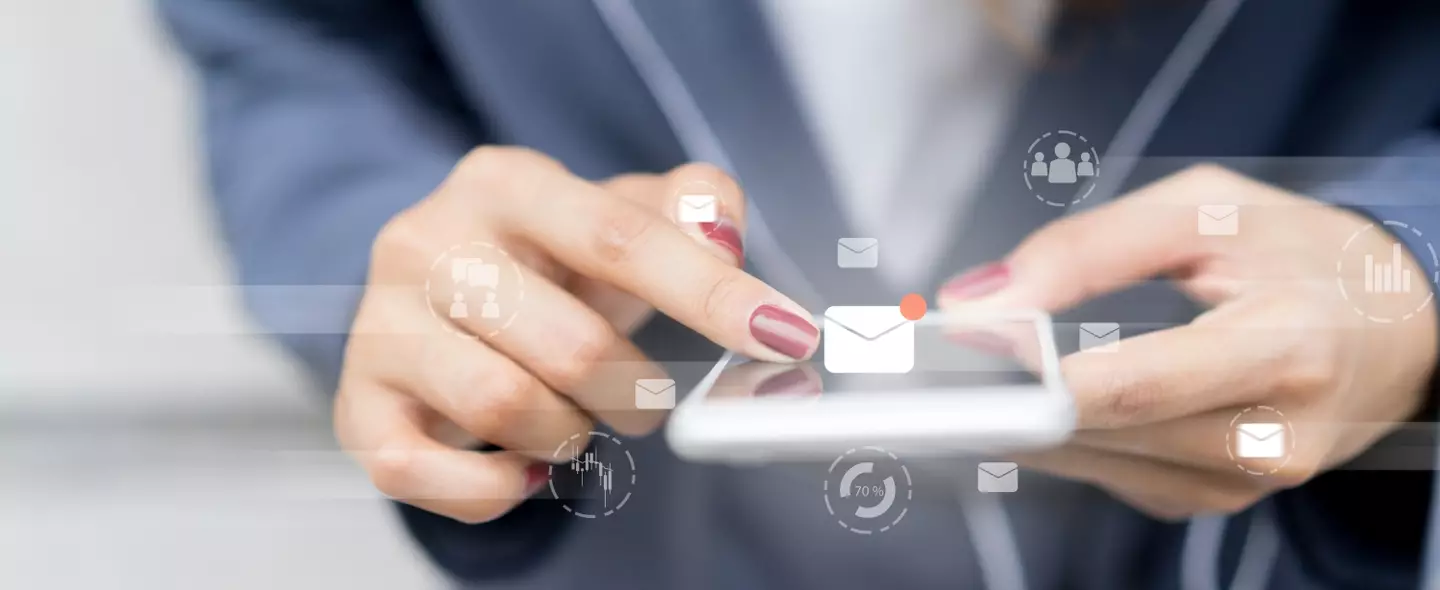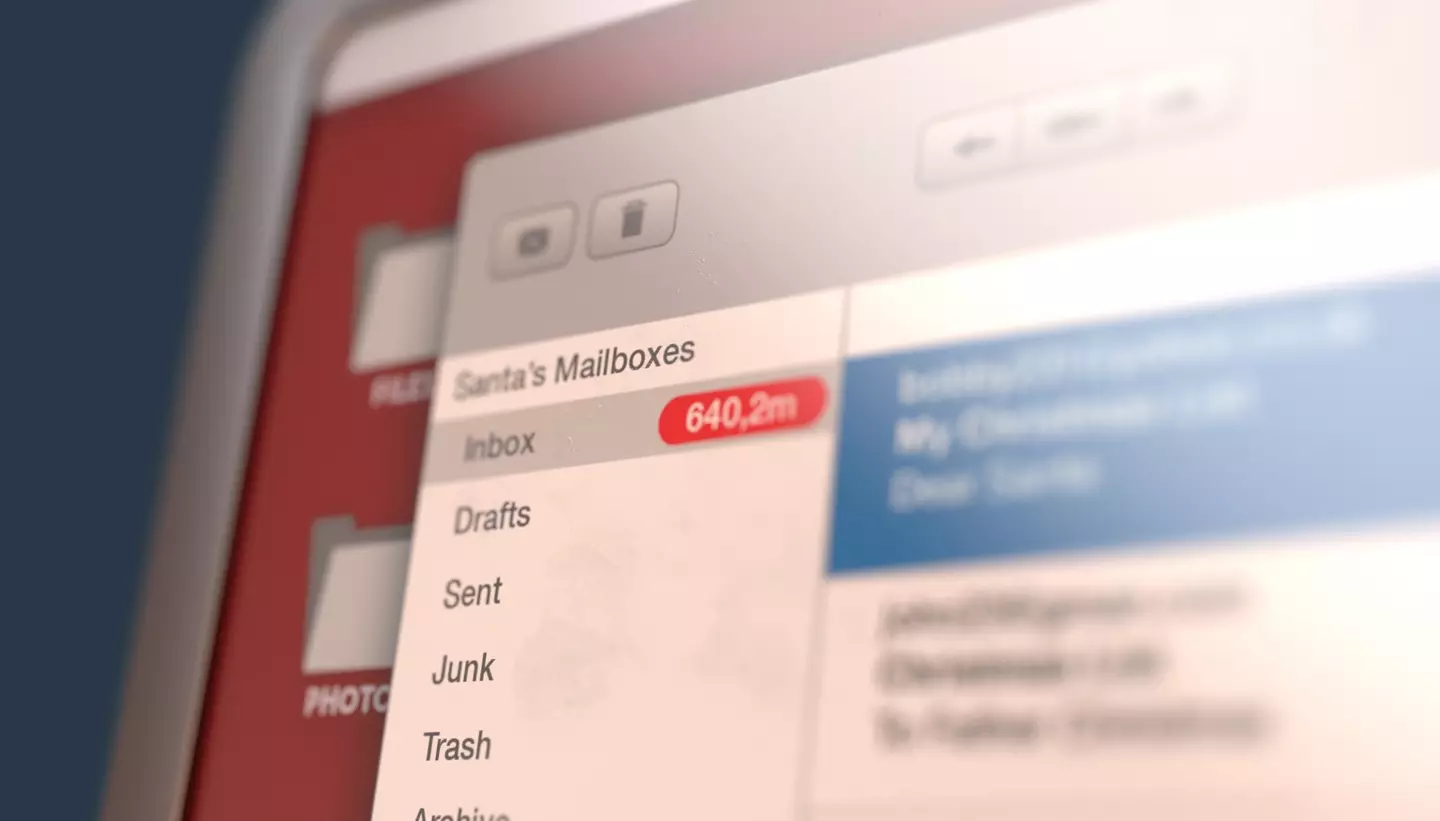
Not good news for anyone who needs a phone clear out.
No one told us that adulting would be this hard, but as well as trying to get on the property ladder, holding down a job, and navigating the world of misinformation, we're also expected to keep our phones organized. Come on, there are only so many hours in the day.
Looking down at your phones right now, how many of you have an inbox full of unread emails, that red notification hanging over your texts, and a photo library filled with hundreds of pictures of other people's dogs?
Simply put, most of us can't be bothered to keep our virtual lives in check while also trying to keep our physical lives afloat. According to one doctor, that photo library stuffed full of useless screenshots and overflowing inbox could be the sign of a disorder.
Advert

If you've ever watched the show Hoarders and turned your nose up at the people featured while thinking, 'How did they let it get like this?' you might not be so smug anymore. Chances are, you could be a digital hoarder.
Hoarding is often associated with obsessive-compulsive disorder and affects around 2.5% of Americans. Even though you might think it's only applied to those who have a house full of rotting newspapers or old teddy bears, there's a rise in digital hoarding as we refuse to part with our digital memories.
Speaking to CNN, Dr. Emanuel Maidenberg, a clinical professor of psychiatry and biobehavioral sciences at UCLA’s David Geffen School of Medicine, explained why digital hoarding is on the rise: "It has to do with the fear of needing this information at some point in the future and yet not having access to it and not knowing where to find it."
Advert
When we don't read messages or delete pictures, it can lead to an excessive buildup where we refuse to organize our files due to stress and anxiety.
Dr. Susan Albers, a clinical psychologist at the Cleveland Clinic in Ohio, added: "It’s something that triggers a lot of stress and anxiety, the collection of emails, pictures, open tabs — an overwhelming number of digital items that trigger overload.

"What’s interesting about it is that this isn’t the type of problem that our ancestors have had to face, but when we fast-forward to today, our daily life is really plagued with a lot of digital clutter."
Advert
It's important to note there's a difference between 'digital clutter' and 'digital hoarding', with Albers reiterating: "Digital clutter is just as stressful as actual clutter in our physical world. Our brains are really predisposed to favor clarity and simplicity over chaos, and that’s how it can feel when you have a million tabs open."
Maidenberg says that digital hoarders have a 'persistent urge' to save digital information, whereas others simply haven't got around to deleting their digital clutter.
A 2020 study suggested there are four types of digital hoarder, splitting those affected into those who are organized, those who are disorganized, ones who keep digital information on behalf of a company, and those who keep it because they have strong emotional ties and worry about eventually losing it.
Thankfully, there are ways you can tackle digital hoarding, with Albers saying, "Decluttering is like a magic wand to your mental health."
Advert
Limit your notifications and unsubscribe from all those Black Friday emails, limit the time you spend checking notifications, and think about setting a ’Do Not Disturb' feature, but also spend at least part of the day having a 'digital detox.' Going on a digital decluttering sounds like something most of us need to do, but please, don't blame us if you delete that important email from your boss.